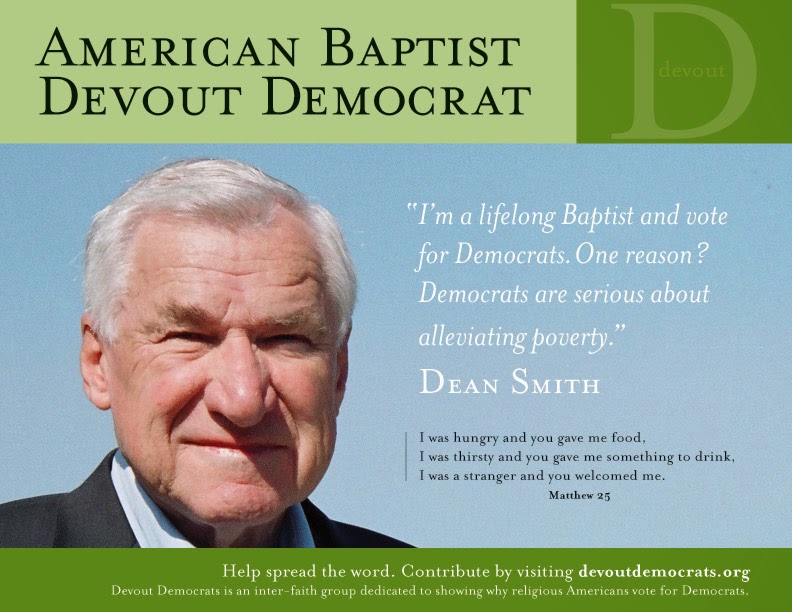It was Neil Patrick Harris's "Choose Your Own Autobiography," and it was a mixture of fact and fiction, sort of like those interactive books where every few pages, you have to make a decision that will affect your future.
You choose, and sometimes it's the right choice and sometimes a mistake.
Wouldn't it be great to have that opportunity in real life? To be given choices and be told what they are?
I can think of numerous times in my life when I had two possible scenarios in front of me, but there were other times when I had choices and didn't even realize how important they were. It's one thing to decide where to go to college or which of two job offers to take. But there were other times I didn't even realize I had choices.
It wouldn't even be a case of knowing what the choices were. Even a signal of some sort that you were at a crucial point in your life would help.
An example:
 |
| 1970 |
I figured we had broken up, but in early September she called and said she was coming back to school and wondered if I could pick her up at the airport. Over the next day or so, she told me it had been a difficult summer and she asked me if I still cared for her. I said I did and it looked like we were together again.
She went home for a week and returned for the start of classes. The first evening she was back, she told me we had to break up.
This is where I needed the signal, just something to tell me that the next few minutes were very important and I should think carefully about what I said and did.
Because I did everything wrong.
I made the huge mistake of doing everything I could to conceal what I was feeling from her, even to the point of insulting her.
Witness our final exchange:
"I hope we can still be friends."
"Sure, why not?"
"You're taking this really well."
"It's no big deal."
"Well, I think it's a very big deal and very sad."
"Maybe you're taking yourself too seriously."
The only thing I could have done to make matters worse would have been to punch her in the mouth.
Given what she was going through, if I had been nice -- hell, if I had even been honest -- we might have worked things out and gotten back together that same fall.
 |
| L.A. 2000 |
Now she's a judge in her home state after a long legal career.
It isn't as if I wish we had stayed together. With all the ups and downs in my own life, I doubt we would have made it through the '70s. But there is no question my poor handling of the breakup had a major negative effect on my life for years to come.
I had been struggling ever since graduating from high school three years earlier, but I had turned the corner that summer with an A and a B in two courses. I was really looking forward to the fall semester. My girlfriend and I had decided to take a class together, a class that I found almost impossible to attend after our breakup.
By November, I had pretty well gone off the track. Instead of going to classes, I went to matinees, some of them double features. By May I had flunked out and was heading into a period of about seven years before I would turn things around.
All in all, the time I wasted was probably the difference between having a good career and one that was just all right. I'm not complaining. My family life ended up being much better than my career, but it's still disappointing to realize that right choices at key times could have made me a lot more successful.
If only we really did get warnings ... or even signals.









